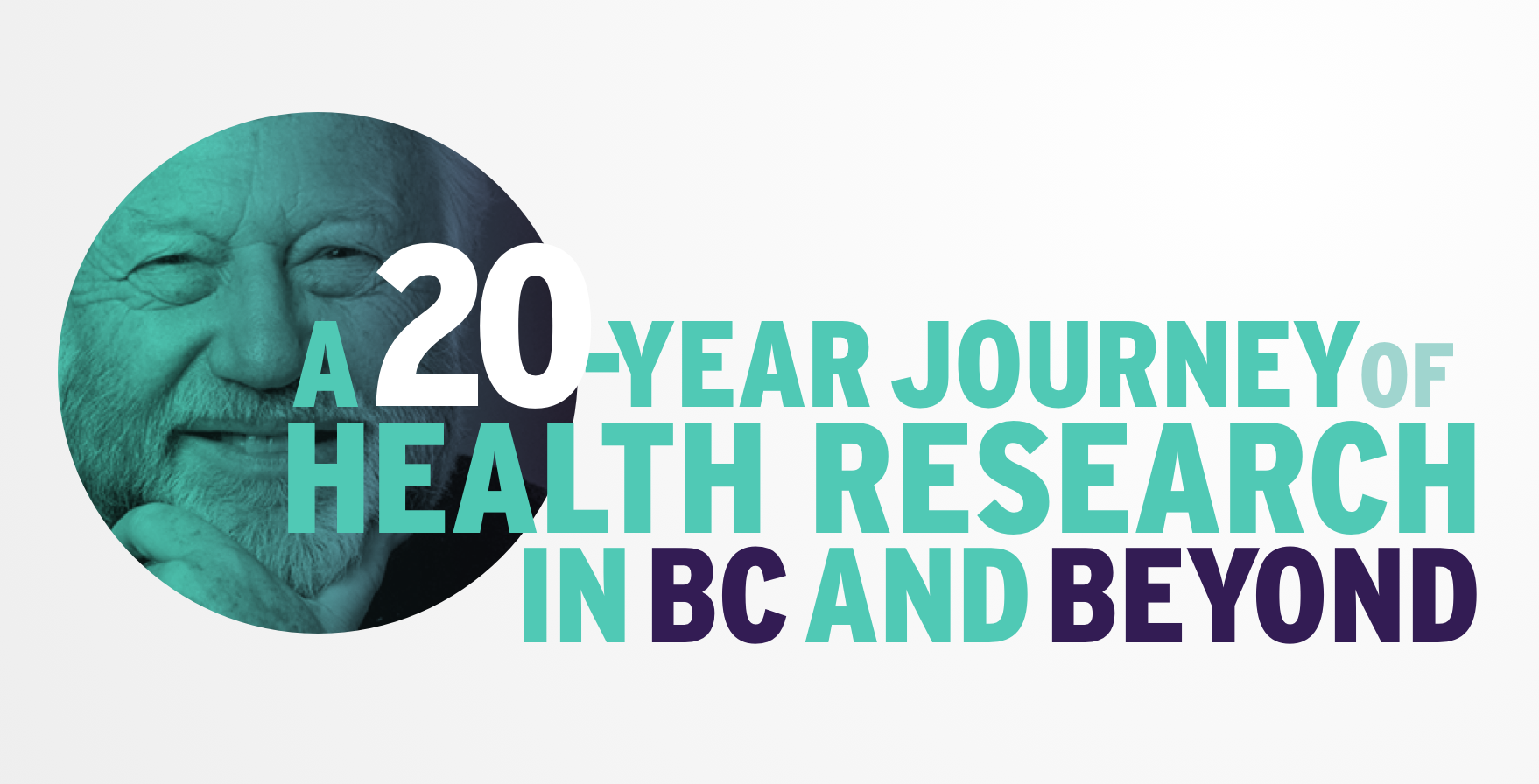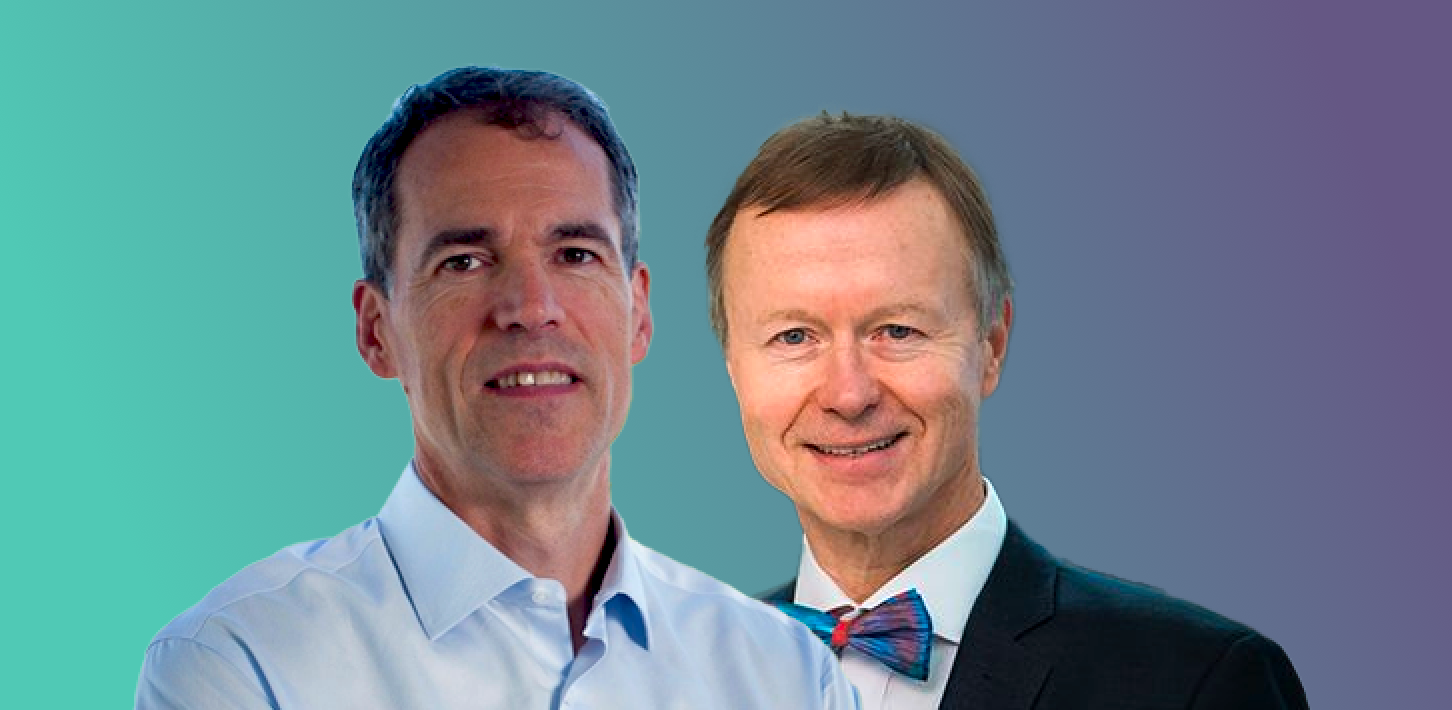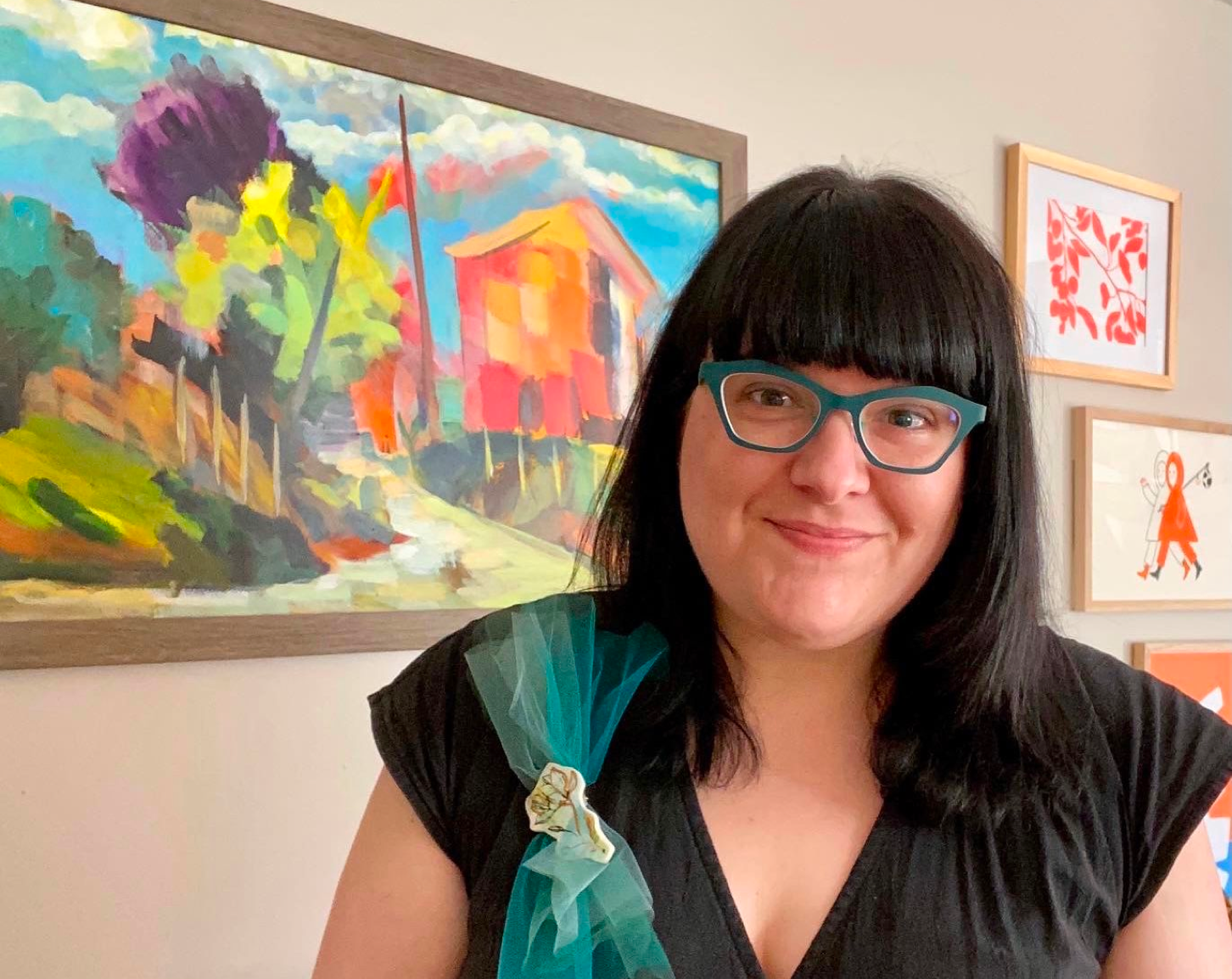A 20-year journey of health research in BC: Supporting equitable and tailored health services for sexual and gender-diverse populations
18 August 2021
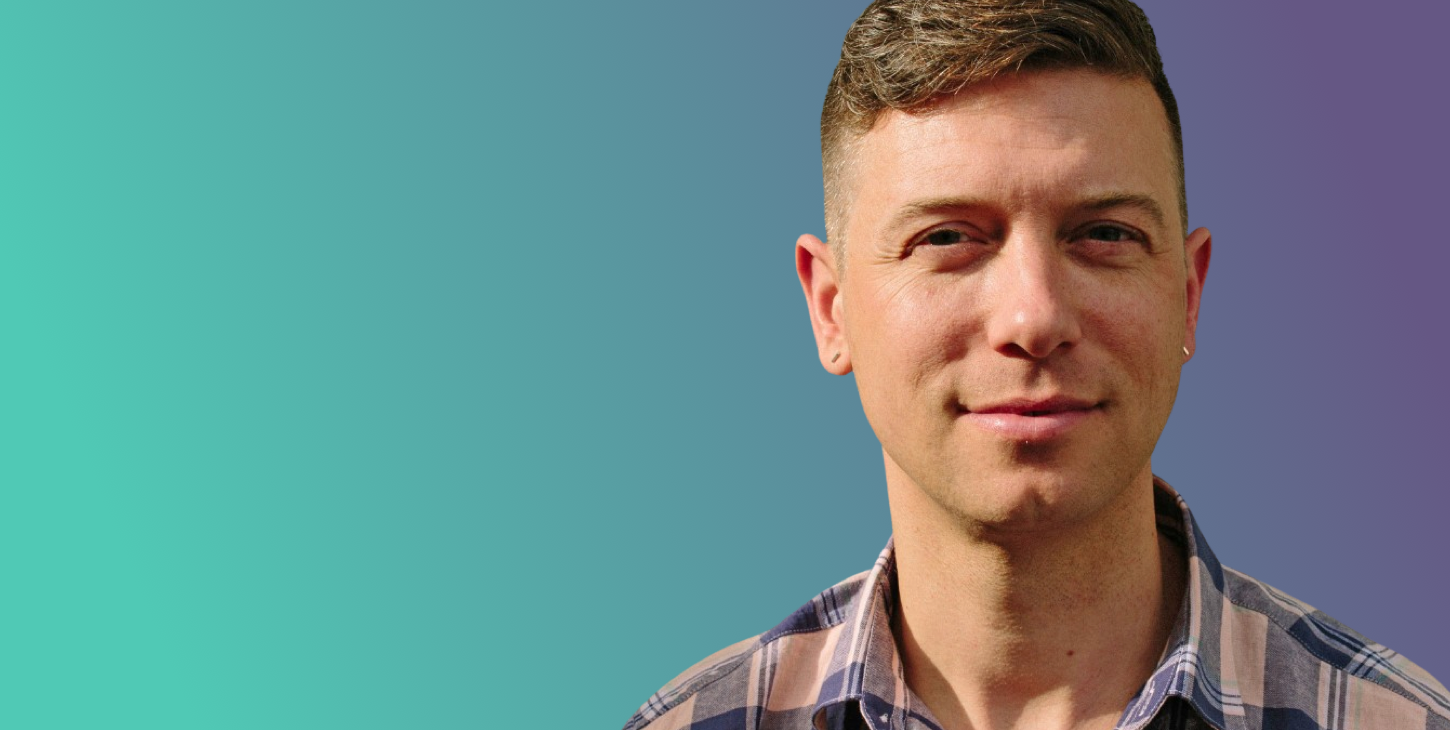
Dr. Travis Salway
Dr. Travis Salway: Supporting equitable and tailored health services for sexual and gender-diverse populations
A visit to the clinic may already be a stressful experience. When coupled with uncertainty about a clinician asking insensitive or invalidating questions that challenge your identity, the visit may become unbearable or cause further stress that affects your well-being as a Two-Spirit, lesbian, gay, bisexual, transgender, queer (2S/LGBTQ+) individual. Understanding this, multiple MSFHR award recipient Dr. Travis Salway is passionate about finding ways to improve the experience of a basic medical visit for sexual and gender-diverse populations and normalizing 2S/LGBTQ+ affirming care.
In describing his current work, Travis reflects on a personal experience that inspired his 20-year career in health research. “It was the late 90s in California, and I was seeing an alarming rate of HIV in the gay men around me. At the same time, I found a vibrant community of health activism that was really focused on understanding our place … and how to live with the AIDS epidemic. This encouraged me to do research that centred my sexual identity.”
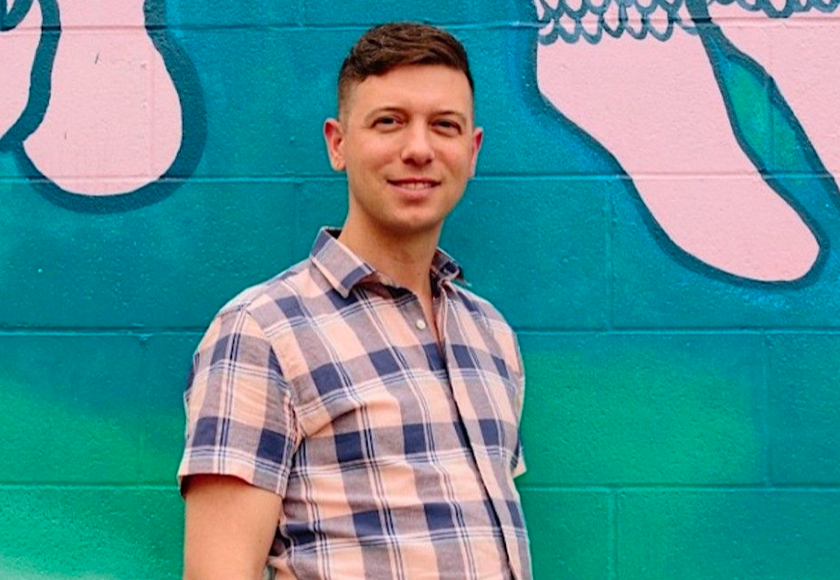
Moving to Canada, Travis briefly took on a role at the British Columbia Centre for Disease Control (BCCDC), working alongside Dr. Naveed Janjua on MSFHR awardee Dr. Danuta Skowronski’s Influenza & Emerging Respiratory Pathogens team. The role was brief and exciting, and it allowed Travis to see gaps that he wanted to help close. “Unfortunately, we still have a health care system that preferentially favours some groups of people over others, and this falls along many predictable lines including race, class, geography and other factors, including sexual and gender identity,” he says. So he returned to his passion and began working on health research that would support equitable and tailored health services for the 2S/LGBTQ+ community.
When coupled with uncertainty about a clinician asking insensitive or invalidating questions that challenge your identity, the [medical] visit may become unbearable or cause further stress that affects your well-being as a Two-Spirit, lesbian, gay, bisexual, transgender, queer (2S/LGBTQ+) individual.
In 2017, he received his first funding award from MSFHR that supported him as he worked to uncover data on how many sexual health clinic clients had unmet mental health needs that could be addressed through service integration. The research would help to understand why some 2S/LGBTQ+ clients avoid seeking care at settings that do not affirm their identities, and would inform clinical tools (such as MindMapBC.ca) and policy recommendations that can improve the experience across care settings for many 2S/LGBTQ+ individuals.
He was encouraged when he received the 2019 MSFHR Partnered Scholar Award, co-funded by the BC Centre for Disease Control and the Centre for Gender & Sexual Health Equity at Providence Health Care Research Institute. The partnered award provided further funding support for him to continue his research to develop a comprehensive understanding of health care access patterns among 2S/LGBTQ+ people in BC. In looking back, Travis appreciates that MSFHR’s funding award applications put the focus on how the research would be implemented locally. “MSFHR helped me to really think about where the patients would otherwise be invisible in primary care settings, and how to make their care accessible and implemented in local settings. The best change — the best progress in applied health research — will happen when it is closely attuned to the local. MSFHR helps build that community of shared values.”
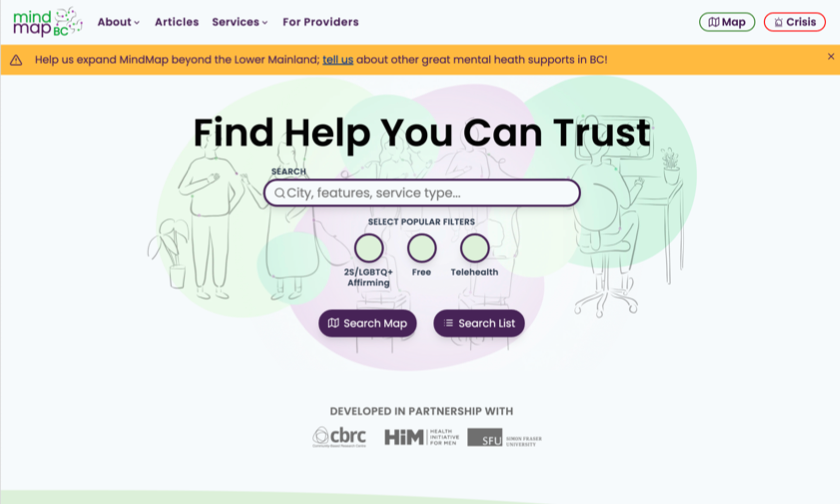
More recently, Travis has been building evidence and support to ban conversion therapy, which is still practised in Canada and has directly affected tens of thousands of people. In late 2020, in the midst of the pandemic, he presented his team’s research findings on conversion therapy to the House of Commons Standing Committee on Justice and Human Rights as the committee debated a federal conversion therapy ban (Bill C-6). The evidence showed that the defining feature of conversion therapy is language that discourages or delays the adoption of 2S/LGBTQ+ or non-conforming gender identities and assumes that 2S/LGBTQ+ people cannot be healthy or happy.
“We’re starting to see a glimmer of hope in health care settings and a remarkable increase in the visibility of 2S/LGBTQ+ people. The trend is encouraging.”
“It’s traumatic and embarrassing, and we need to fix this,” Travis says. “Systems-level change is needed. We as researchers have a delicate role to play. We can only do this work in service to queer, trans and Two-Spirit communities because of the people who have the lived experiences. I’m proud to have shone a light on practices that were previously unknown to Canadians.”
For Travis, the support from patients has been an integral part of policy-changing research. “Everything is relationship-based. I don’t undertake any projects alone — call it community research, lived experience, patient-oriented research, the principle is the same. I can’t do work unless the people who have been through the issue are working along with me. Whether it is accessing health care or looking at conversion therapy, we also need really keen administrators and clinicians who will help me get the results implemented in the health care system.”
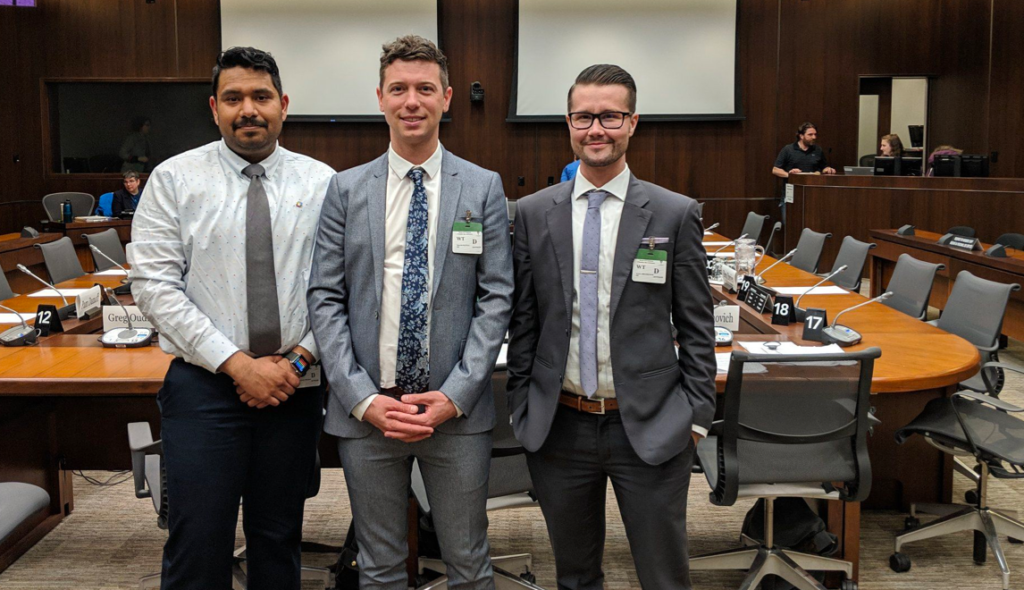
When asked what continues to drive him, Travis is humbled, and remarks thoughtfully, “There are plenty of reasons to give up and let go. We’re starting to see a glimmer of hope in health care settings and a remarkable increase in the visibility of 2S/LGBTQ+ people. The trend is encouraging.”
Learn more:
MindMapBC – Find Help You Can Trust
LGBTQ/2S/+ Mental Health Roundtable
Faculty of Health Sciences Professor Works to Help End Conversion Therapy in Canada (SFU, January 2021)
Brief Submitted to House of Commons Standing Committee on Health for the Committee’s Study of LGBTQ2+ Health in Canada: Canadian Research Concerning the Prevalence, Nature and Scope of So-Called “Conversion Therapy” (House of Commons, 2019)
MSFHR Researcher Profile: Dr. Travis Salway
National Library of Medicine: Dr. Travis Salway’s Bibliography




